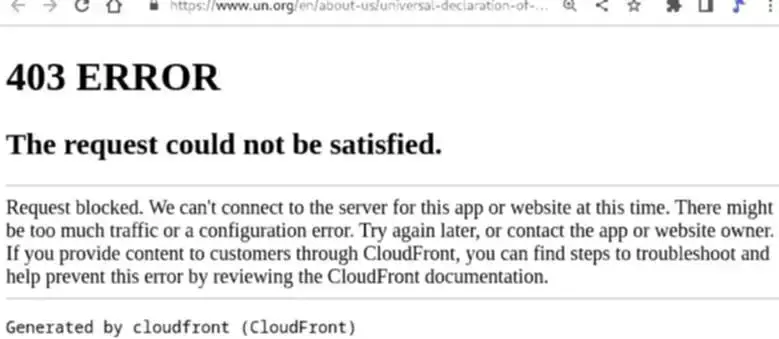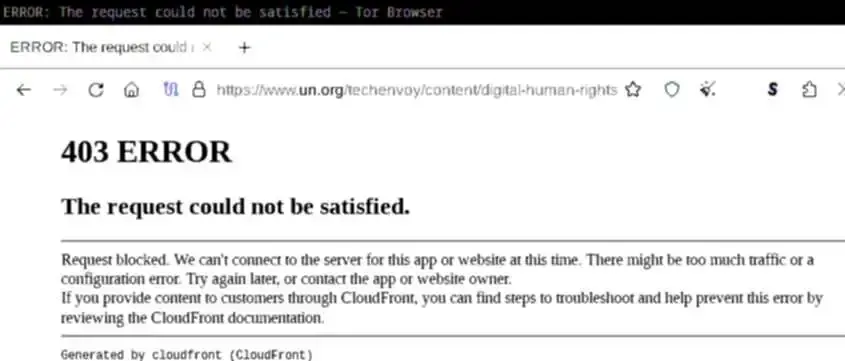Mozilla is ~83% funded by Google. That’s right- the maker of the dominant Chrome browser is mostly behind its own noteworthy “competitor”. When Google holds that much influence over Mozilla, I call it a false duopoly because consumers are duped into thinking the two are strongly competing with each other. In Mozilla’s effort to please Google and to a lesser extent the end users, it often gets caught pulling anti-user shenanigans. Users accept it because they see Firefox as the lesser of evils.
Even if it were a true duopoly, it would be insufficient anyway. For a tool that is so central to the UX of billions of people, there should be many more competitors.
public option
Every notable government has an online presence where they distribute information to the public. Yet they leave it to the public to come up with their own browser which may or may not be compatible with the public web service. In principle, if a government is going to distribute content to the public, they also have a duty to equip the public to be able to consume the content. Telling people to come up with their own private sector tools to reach the public sector is a bit off. It would be like telling citizens they can receive information about legislation that passes if they buy a private subscription to the Washington Post. The government should produce their own open source browser which adheres to open public standards and which all the gov websites are tested with.
I propose Italy
Italy is perhaps the only country in the world to have a “public money → public code” law, whereby any software development effort that is financed by the gov must be open source. So IMO Italy should develop a browser to be used to access websites of the Italian gov. Italy can save us from the false duopoly from Google.


The elitist idea that it’s okay to exclude people from public service for not having property cannot be framed as “harm reduction” when in fact it fails at that. The people who have mobile phones and subscriptions are the same people who can afford Wi-Fi at home, data plans, etc. These are people who are already served by the private marketplace. You merely give them a convenience at the expense of spending money in a way that marginalises the needy. It’s not just discrimination you advocate -- the money is poorly allocated when it should go toward serving precisely those you exclude; the ones underserved by the private sector. By catering for the more privileged you only introduce harm by creating a false baseline that harms the excluded groups even more. Libraries were more inclusive 10 years ago, before they needlessly introduced these SMS-imposing captive portals. And some still are inclusive. Some poorly managed libraries have gone in an exclusive direction and this trend is spreading.
Who? Which library is at #2? Some libraries are entirely inclusive and treat everyone equally. Some libraries have regressed and have no pressure to join the inclusive world. You’re opposing the pressure that’s needed to make them better. That’s not helpful.. that just enables the problem to worsen.